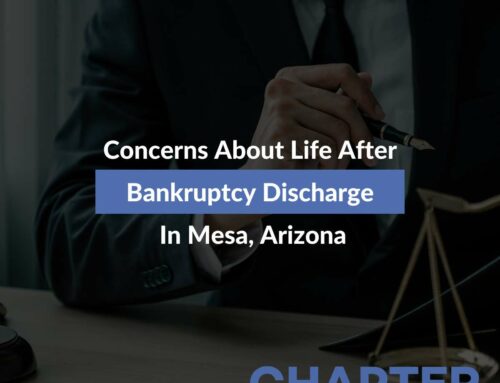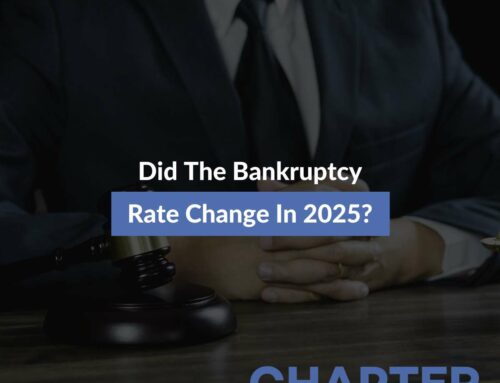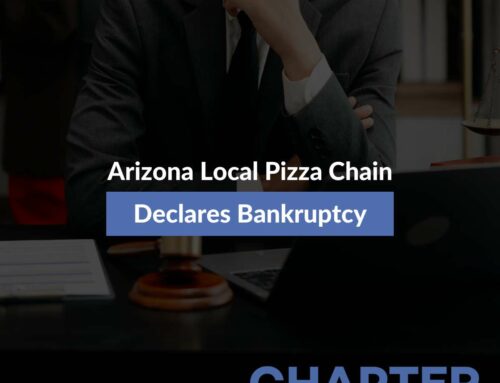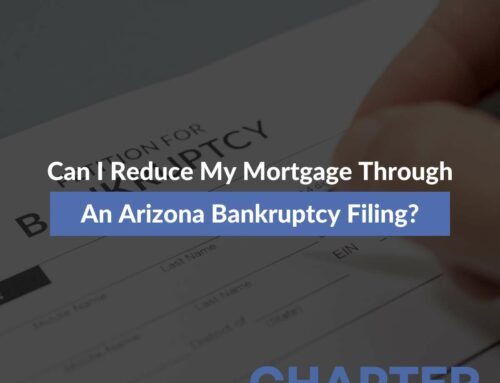Bankruptcy is a long-standing legal process that allows individuals and corporations struggling with debt to address their financial situations through a few different methods. Chapter 7 bankruptcy is the most popular, because while it has income qualifications and other restrictions, it can wipe out unlimited unsecured non-priority debt. Chapter 13 is also popular as a form of personal bankruptcy which can pay off secured and priority debts while providing the debtor with protection from creditors. But bankruptcy isn’t free, which can create a catch-22 situation for potential debtors. If the cost of filing for bankruptcy is preventing you from taking advantage of everything it has to offer, read on to learn more about your options. To schedule your free time to speak with an experienced Arizona bankruptcy professional about your potential filing- as well as to see if you qualify for our Zero Down payment option- call 480-405-1010.
Corporate bankruptcy filings are up, and Big Lots is just the latest retailer to fall victim to rising costs from inflation. Unfortunately, when corporations declare bankruptcy, ordinary people lose their jobs. If you have recently experienced a job loss or are simply struggling to keep up as expenses rise and salaries remain stagnant, you may benefit from filing for bankruptcy too. Learn more about the process in Arizona and receive an affordable quote for legal services with payment plan options starting as low as Zero Dollars Down. Get started today with your free consultation by calling 480-405-1010.
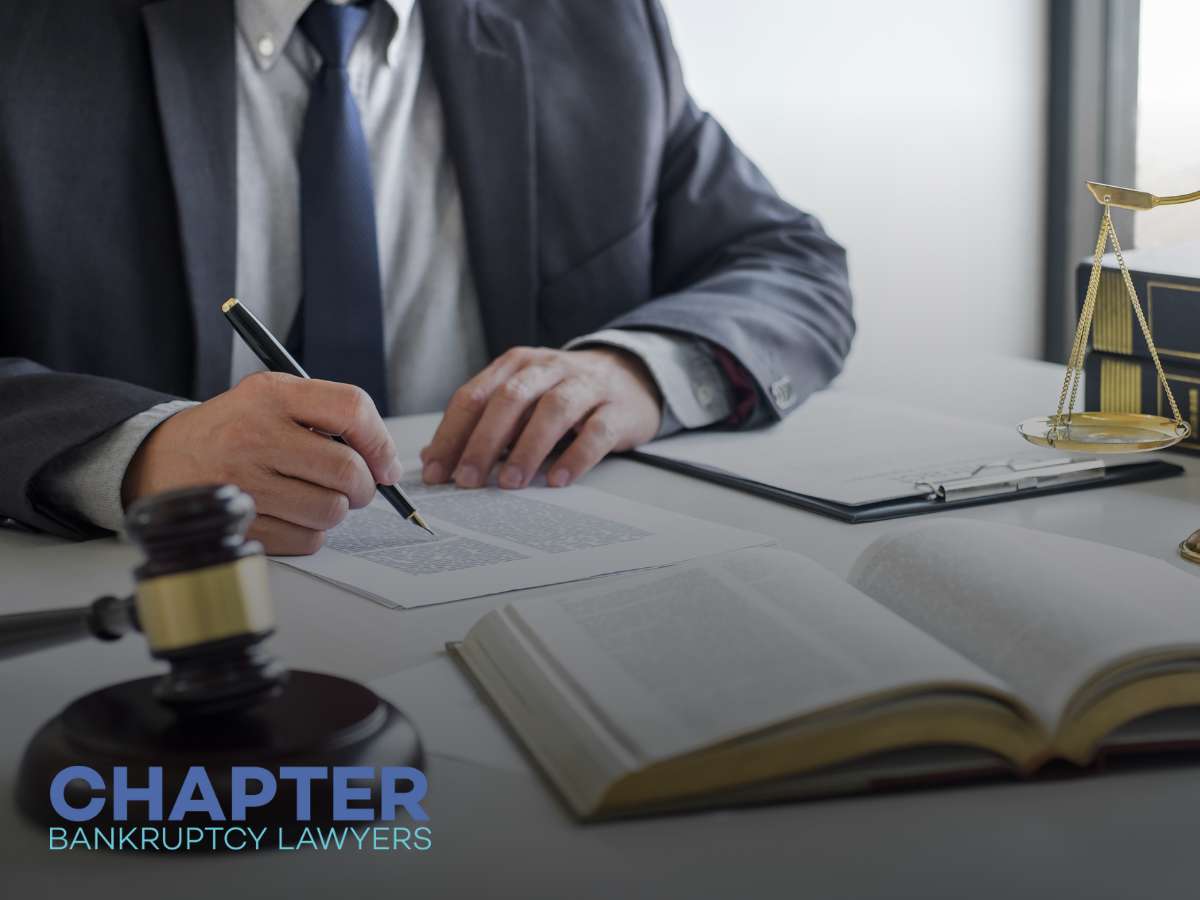
What Are The Fees To Declare Bankruptcy?
There are two main expenses that affect how much it costs someone to file for bankruptcy: filing fees and attorney’s fees. Filing fees are standard for each debtor based on the chapter they file. Filing for chapter 7 bankruptcy costs $338, while filing for chapter 13 bankruptcy costs $313. If you can’t afford the filing fee, you can request the court either waive the fee or allow you to pay the fee in installments. You will need to provide income information on the application, which is more likely to be granted if you receive any form of public benefits. Filing fee waivers are less likely to be granted when the debtors have retained counsel for their bankruptcy filings.
Attorney’s fees usually make up the bulk of what a debtor spends on filing for bankruptcy. To avoid this cost, some bankruptcy debtors file pro se, or act as their own lawyers. This can end up being much more costly than hiring a lawyer if there are mistakes that lead to adversary proceedings, excluded debts, seized assets, case dismissal, and other issues that can negate bankruptcy’s positive effects. A debtor who wants to get the most out of their bankruptcy case usually does so by retaining high-quality legal counsel. Want to learn more about how our Arizona bankruptcy team makes filing for bankruptcy in Phoenix and Tucson more affordable with free case evaluations and Zero Down payment options? Schedule your free appointment today by calling 480-405-1010.
Spending Unprotected Funds
If you have a rainy day fund that hasn’t been spent yet, you should learn if it will be protected in bankruptcy and whether you should spend it on your filing expenses. All assets, including cash on hand and funds in a bank account, need to be protected by bankruptcy exemptions when a debtor files their petition. Arizona’s bankruptcy protections for bank account funds and cash on hand are unfortunately limited. For an unmarried debtor filing as an individual, the bank account exemption is only $300. This doubles to just $600 for married couples, which is barely enough to cover gas and groceries with the current cost of living. With such tight restrictions, a bankruptcy debtor in Arizona should make sure their filing date doesn’t coincide with payday, as the trustee could later come back to collect these funds if they were unprotected.
Having cash to burn isn’t a license to spend frivolously when bankruptcy is on the horizon. Pre-bankruptcy purchases, especially those made with credit cards, should be reasonable and not on luxury goods and services. Another example of a decent amount of money some bankruptcy debtors need to spend before filing is their tax refunds. There is no exemption to protect tax refunds in Arizona bankruptcy cases. Some people choose to stock up on household items, catch up on vehicle maintenance and repair, fulfill a checkup appointment with a medical provider, etc., to spend these funds. Another financially sound option is to spend unprotected funds on bankruptcy attorney’s fees. This eliminates the issue of needing to find an attorney who offers post-payment options while spending funds that would be seized by the trustee to pay debts anyway. Want to weigh between the options of paying up front or using a payment plan with a dedicated bankruptcy professional? Call 480-405-1010 for your free consultation with My AZ Lawyers today.
Post-Filing Payment Options
A major hurdle with filing for bankruptcy is that most bankruptcy attorneys require that their fees be paid in full before the client’s case is filed. This is not ideal for a number of reasons. A debtor who does have these funds available may have had them earmarked for another important purpose. But most bankruptcy debtors are struggling to make ends meet and don’t have excess funds available for legal fees. This can present quite the barrier to declaring bankruptcy.
Because paying legal fees is such an obvious issue in the process of declaring bankruptcy, many attorneys will advertise their payment plans. Be aware that most of these payment plans will be a pre-filing payment option, allowing the client to pay for their case in installments. However, the balance needs to be pain in full before the lawyer will file their client’s petition in court. If the client is facing a collection action like a lawsuit, repossession, or wage garnishment, paying for bankruptcy before filing for bankruptcy and triggering the automatic stay may simply not be feasible. A bankruptcy debtor under these circumstances should seek out legal counsel offering post-filing payment options.
A post-filing payment plan is a bankruptcy payment plan that can be paid off after the petition has been filed and the automatic stay has gone into place. They are less common because they present a great deal of financial risk to the bankruptcy attorney. Without the proper precautions, accepting payment before the case is filed results in the client’s legal fees being discharged with the rest of their debts. Paying the attorney for the work performed on their case would become an honors system and many law firms would go out of business. The bankruptcy team at our office bifurcates cases so that they can offer post-filing payment options that don’t discharge upon filing.
What does it mean when a bankruptcy case is bifurcated? Essentially, the filing is split into two parts. The first filing is known as a skeleton petition filing. This type of petition contains minimal information about the debtor- only their basic mailing information, creditors, and income. The skeleton petition does not require additional information like retirement account statements, inventory of assets, etc., yet. In a bifurcated case, the work completed through this point is technically done pro bono. The full bankruptcy petition is submitted in the second filing, at which point the debtor can accrue debts that won’t be discharged. This work can be charged and paid after the automatic stay has been activated in the lawyer’s chosen installment option. At our bankruptcy law firm, our post-filing payment plans come with 0% interest and are payable up to 12 months after filing. If you have been in an unstable financial situation and unable to afford filing for bankruptcy, this option can help you regain your footing and take the first step towards rebuilding your credit history. Learn more about the process and see if you qualify today for free- call 480-405-1010 to schedule your free consultation today. Contact us!
CHAPTER BANKRUPTCY LAWYERS
Email: [email protected]
Website: www.chapterbankruptcylaw.com
Mesa Office
3707 E Southern Ave
Mesa, AZ 85206
Office: 480-405-1010
Tempe Office
4500 S Lakeshore Dr #300
Tempe, AZ 85282
Office: 480-562-6145


